In an effort to address media bias, Africa No Filter recently introduced an election reporting guide to encourage balanced reporting and to counter stereotypes.
Abuja, Nigeria – Africa loses an estimated £3.2 billion each year in inflated interest payments on sovereign debt due to negative stereotypes perpetuated by international media, according to a report by consultancy Africa Practice and advocacy non-profit Africa No Filter.
The study highlights that media portrayals of Africa often focus on conflict, corruption, poverty, disease, and poor governance—particularly during election periods when global media attention intensifies. This coverage, the report says, distorts perceptions of risk for investors, leading to higher borrowing costs and deterring investment in the continent.
“We’ve always known that there’s a cost to these persistent stereotypes about Africa. Now we have a concrete figure,” said Moky Makura, executive director of Africa No Filter. “The scale of these figures underscores the need to challenge these narratives and promote a more balanced view of Africa.”
Media Bias Influences Investment
Despite improvements over the years—driven by African engagement in global affairs, media globalization, and advocacy—news reports from Africa continue to reflect negative stereotypes, the report suggests. Election coverage in particular is often narrowed to dramatic narratives of violence, corruption, or “tainted” politicians rather than substantive policy issues like healthcare reform or job creation.
By comparing media coverage of elections in Kenya, Nigeria, South Africa, and Egypt to countries with similar risk profiles, such as Malaysia, Denmark, and Thailand, the report found marked disparities. The frequent focus on election violence or alleged corruption in African countries contrasts with more neutral or positive coverage in comparable non-African nations.
“Prejudice Premium” Hikes Costs
According to the researchers, this biased media coverage fosters an inflated “risk premium” that contributes to the high cost of borrowing for African nations, even those with solid credit ratings. Data scientists behind the report argue that lenders use these narratives to justify “unjustifiably” high borrowing rates and sometimes exploit the circumstances with unfair loan terms. Marcus Courage, CEO of Africa Practice, says this “prejudice premium” obscures Africa’s investment potential, deterring international investors and stalling development.
This annual £3.2 billion figure, calculated using studies that suggest media sentiment accounts for about 10% of the cost of capital, represents lost resources that could fund critical initiatives. It is, for instance, enough to educate over 12 million children, immunize more than 73 million people, or provide clean drinking water for two-thirds of Nigeria’s population.
Calls for Financial and Media Reform
Amid frustrations over lending costs, African leaders have renewed calls for reform of the global financial system to make capital more accessible for developing nations. The African Union plans to launch an Africa Credit Rating Agency in 2025, aiming to provide an assessment of sovereign risk that challenges the “pessimistic assumptions” of current international rating agencies with limited local understanding.
“There is a recognition that the global financial architecture needs reform,” Courage added, expressing hope that institutions like the IMF and World Bank will soon prioritize Africa’s development needs.
In an effort to address media bias, Africa No Filter recently introduced an election reporting guide to encourage balanced reporting and to counter stereotypes. Makura emphasized the importance of diverse narratives, stating, “For every negative story, there are hundreds that don’t reinforce traditional tropes. It’s not about choosing one over the other—it’s about telling the full story.”





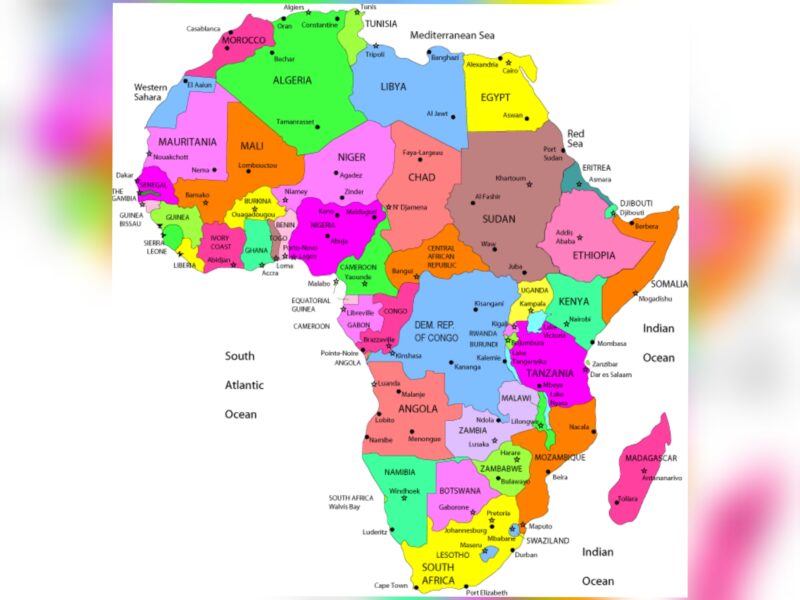
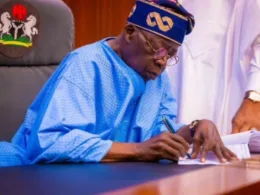
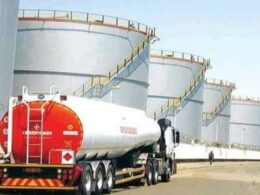
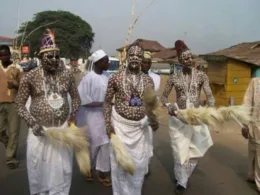
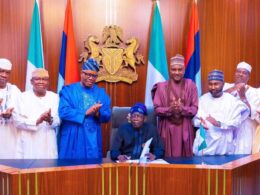
Join our Channel...